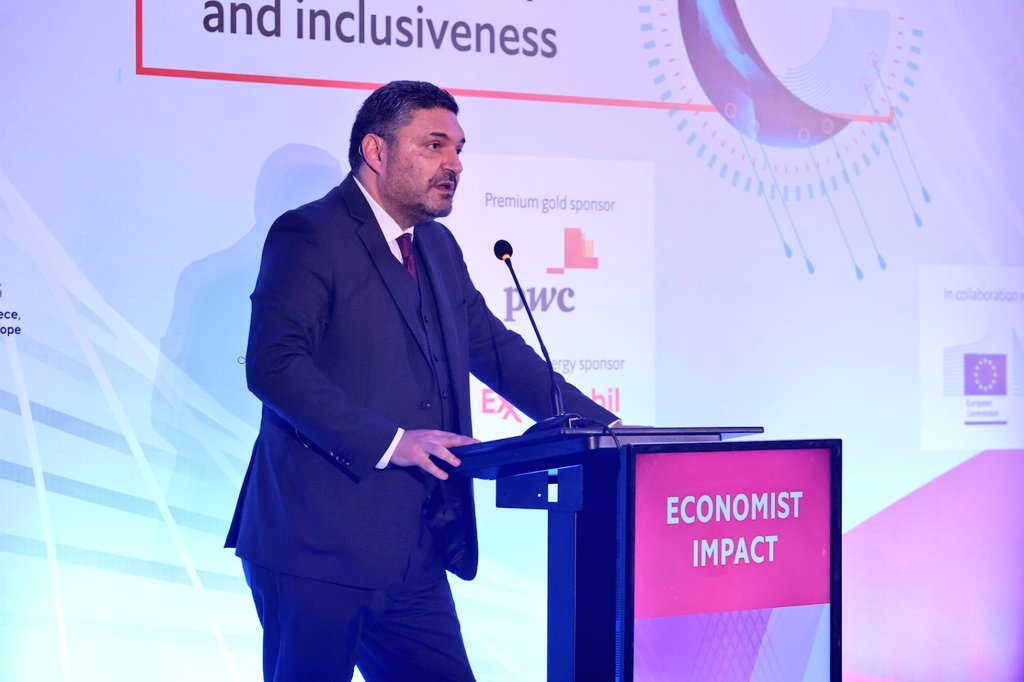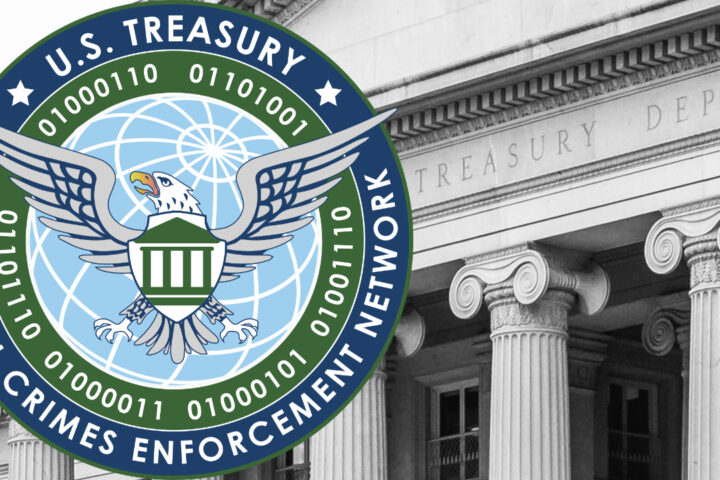A US broadcaster has turned the spotlight on Cyprus’ connection with Russian oligarchs, calling it the weak link in European Union efforts to impose sanctions on Kremlin allies.
CBS ‘60 minutes’ reporter Sharyn Alfonsi claimed that Cypriot authorities are reluctant to impose sanctions on superrich allies of Russia’s President Vladimir Putin.
Alfonsi interviewed Maira Martini, an analyst at Transparency International, a non-profit organisation that tracks money laundering around the world, who referred to the special treatment of authorities towards Russian oligarchs.
“If you were an oligarch or just a shady character who wanted to hide his rubles, Cyprus was the answer.
“It offers privacy and even security, and that’s what criminals and corrupt people are usually looking for,” said Martini.
Transparency International’s analyst argued that a Cypriot passport could make it easier for these sanctioned oligarchs to buy real estate and move assets, and the cosy relationship between wealthy Russians and Cyprus is causing concern internationally.
The program touched once again on Cyprus’ defunct golden passport program, which has tarnished the island for handing out passports to criminal investors.
“Golden passports also opened the door to Europe for Russian elites…at least a dozen of those Russian oligarchs — now under sanctions — received golden passports.
“Among them Igor Kesaev, who owned a Russian arms factory,” claimed CBS.
According to Alfonsi, they included billionaire Alexander Ponomarenko, who was chair of Russia’s largest airport and whom the US government calls one of Putin’s “stalwarts”.
Aluminium tycoon Oleg Deripaska, a member of Putin’s inner circle is also on the sanctions list.
According to the US Treasury Department, he has been investigated internationally for money laundering, wiretapping and extortion, charges he denies.
Martini said: “I think Cyprus is one of the weakest links”.
CBS asked Finance Minister Constantinos Petrides for a response.
He said Cyprus launched actions to revoke the passports of ten oligarchs under sanctions.
Trust
When asked to give “60 Minutes” a list of the names of Russian oligarchs and their seized assets, the Finance Minister declined, citing privacy laws.
Alfonsi asked whether one should believe that the Cypriot government is carrying out the sanctions.
Petrides responded: “The government does not need anyone to trust them.
“We have the reports of the mutual assessment for Cyprus in 2019 that show the progress of Cyprus in the past years”.
He argued that Cyprus had demonstrated its dependability as an EU member.
Although arguing Cyprus has been “unfairly stigmatised”, Petrides acknowledged that “mistakes” had been made.
The passport scheme was scrapped in a hurry in November 2020 following the damaging fallout from an Al Jazeera report, portraying high-ranking Cypriot officials ready to help dubious investors to obtain a Cypriot passport.
The Qatar-based broadcaster reported that dozens of those who applied for the so-called “golden passports” were under criminal investigation, international sanctions, or serving prison sentences.
Following the allegations, the government commissioned former judge Myron Nicolatos to conduct an enquiry.
It found that the government broke the law countless times to grant citizenship to over 6,700 people from 2007 to 2020.
The damning report said that over half (53%) of the 6,779 passports granted were done so illegally, encouraged by a due diligence vacuum or insufficient background checks.
Cyprus’ passport scheme generated over €8 bln during its lifespan.
Under the scheme, the government granted a passport for an investment of €2.5 mln.
Cyprus’s minister of finance told us his office has frozen the assets of some foreigners sanctioned by the EU and is revoking their passports. He declined to provide 60 Minutes with lists of the seized assets, citing data protection rules. https://t.co/3ce6cgxwjm pic.twitter.com/tQ78QtJvEM
— 60 Minutes (@60Minutes) January 16, 2023










